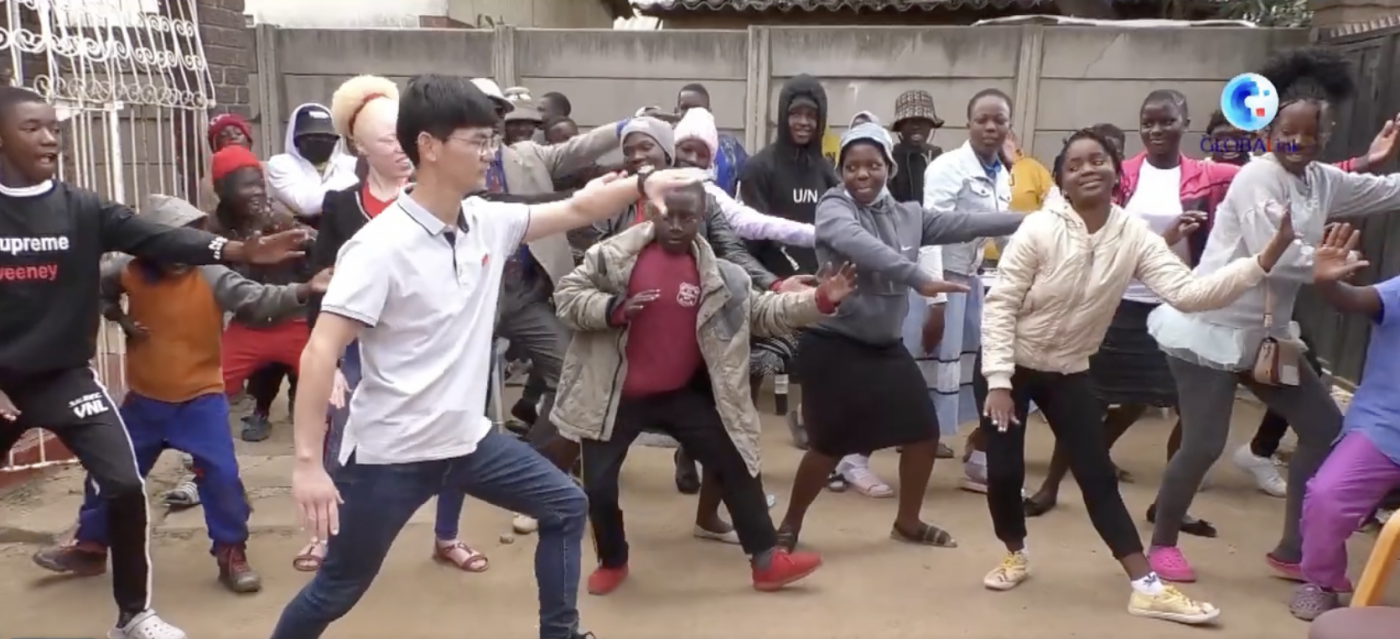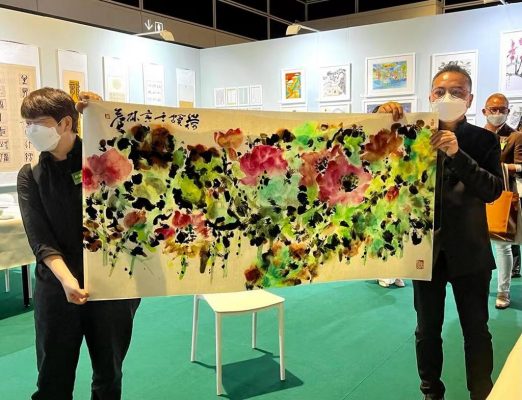Eyes riveted on their Chinese Tai Chi instructor Zhu Wei, a group of Zimbabwean elementary schoolboys and adolescent girls closely follow a series of martial arts movements performed in a slow and focused manner.
Organizer of the children’s event at Chitungwiza, near Harare, Abraham Matuka says keeping youngsters busy and entertained with activities like Tai Chi can help them to keep away from drugs and also reduce sexual abuse in low-income townships.
The Tai Chi instructor – 45-year-old Zhu Wei – is a Traditional Chinese Medicine doctor and the Chief of the Zimbabwe-China Traditional Chinese Medicine and Acupuncture Center in Harare. Apart from providing medical assistance, Zhu also teaches Chinese Martial Art Tai Chi.
Zhu says Tai Chi provides mental health benefits like improved cognition and focus, as well as decreased stress, anxiety and depression. In addition, it can improve a children’s self-esteem, confidence, physical strength and even the function of their immune system.
Tai Chi, one of the best known martial arts of the Internal systems from ancient China, is often described as “meditation in motion”, but it might well be called “medication in motion”. There is growing evidence that this mind-body practice, which originated in China as a martial art, has value in treating or preventing many health problems.
Since the 19th century, the Chinese have understood the immense health benefits of Tai Chi, and its popularity has grown steadily. Now, Tai Chi is practiced in almost every corner of the world and become one of the most popular exercises with more than 300 million participants.
Zhu Wei said Tai Chi has “made a huge difference in his own life” and “in winter I can go around wearing no warm clothes and never catch cold”.



